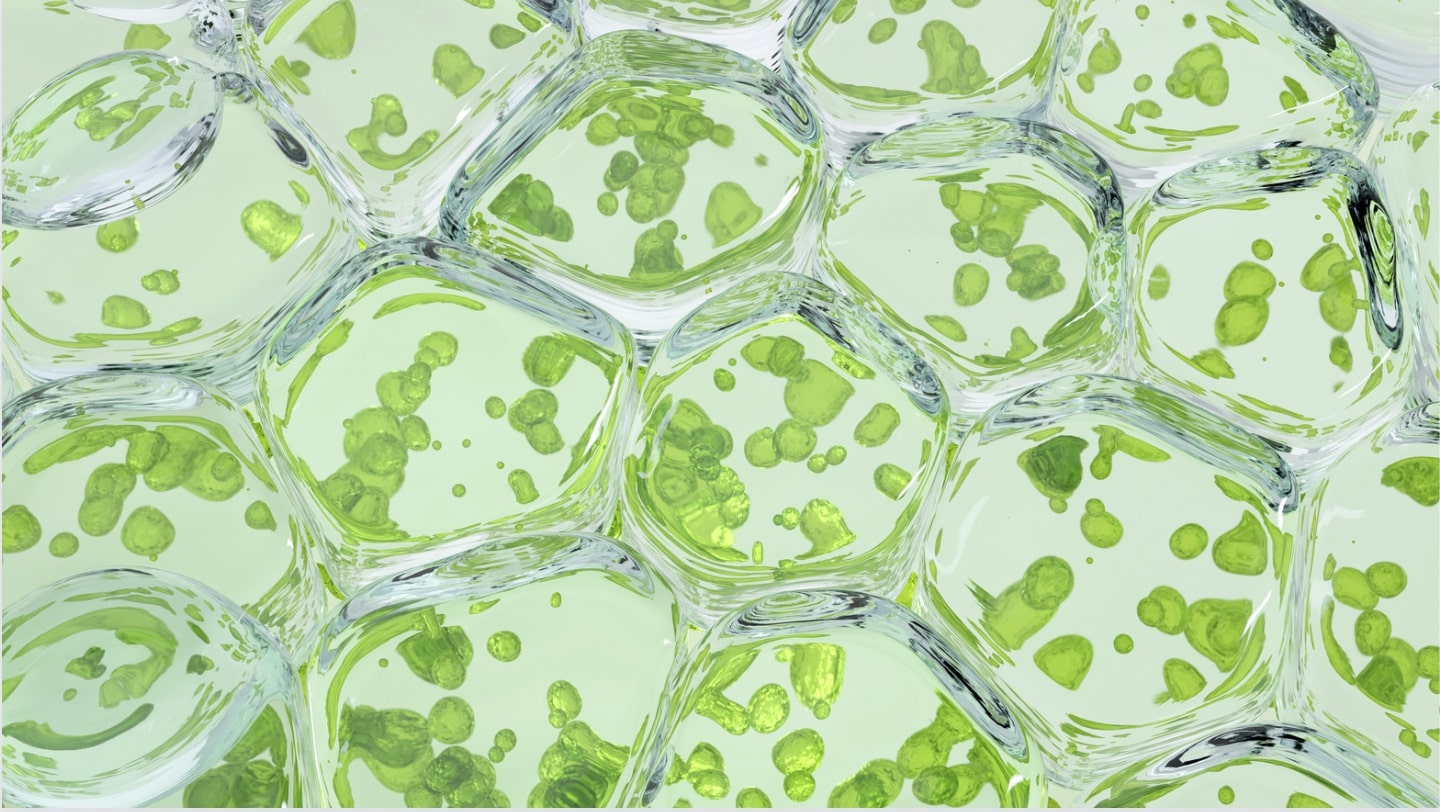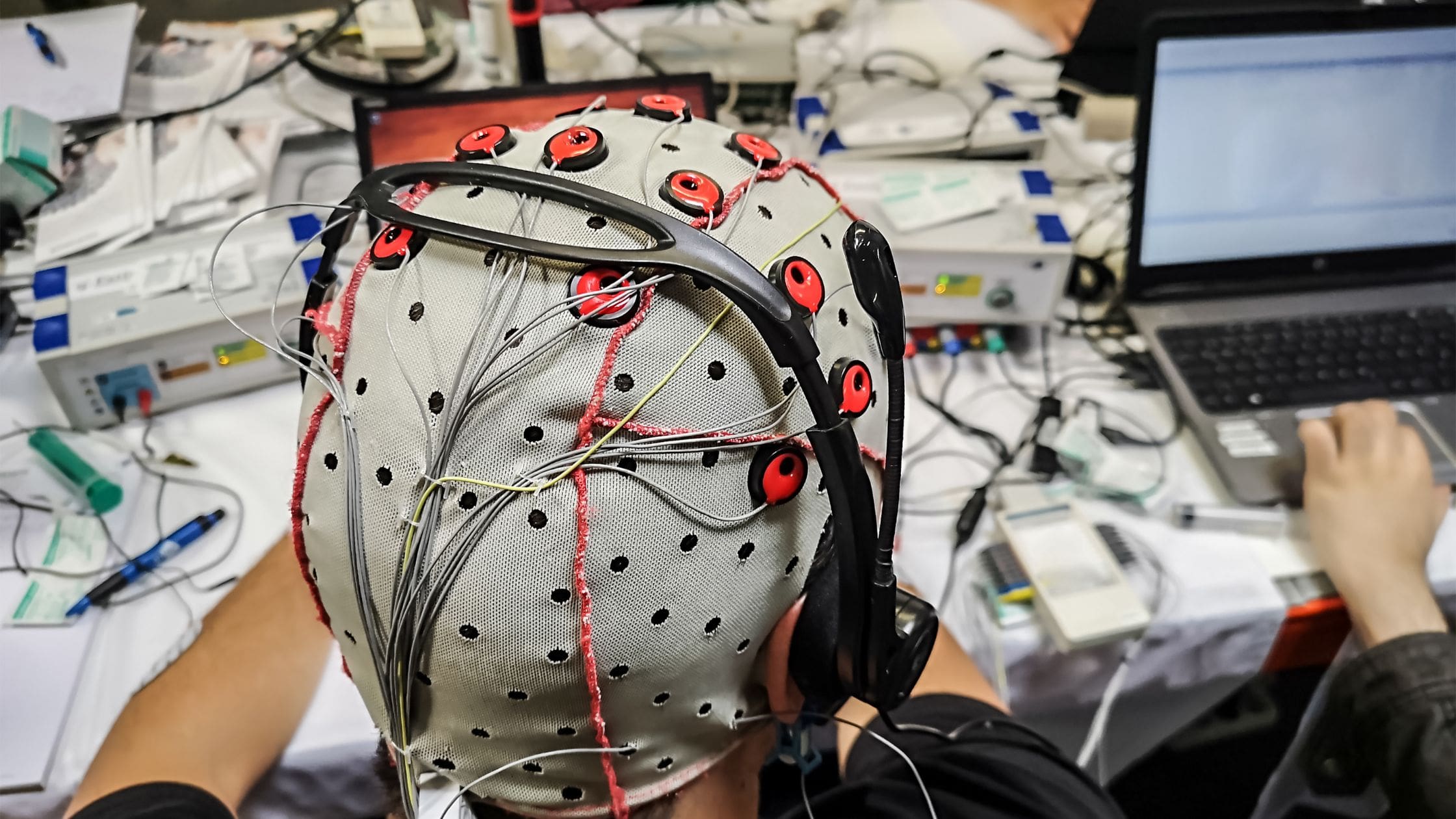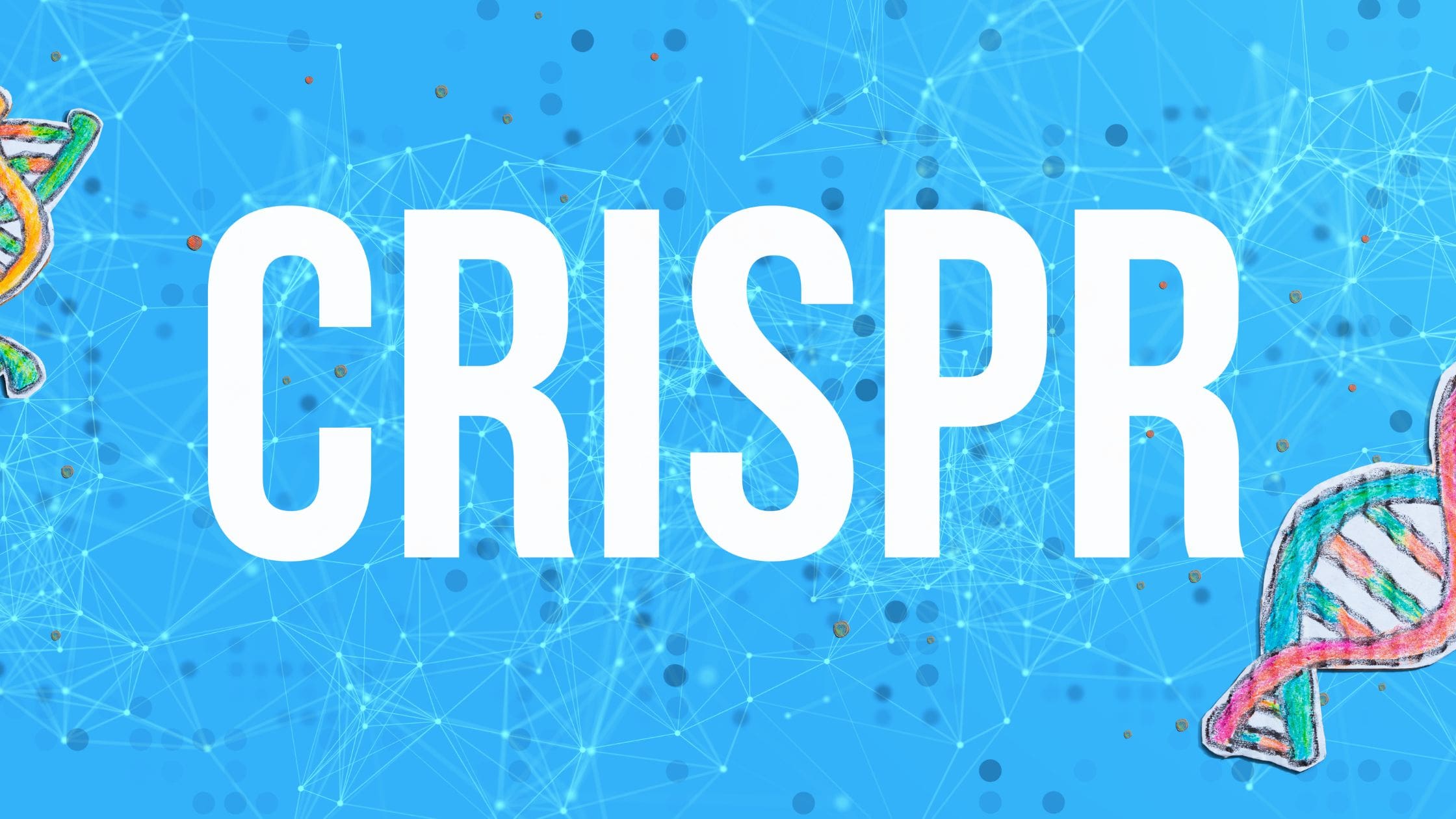NAD therapy, which stands for Nicotinamide Adenine Dinucleotide therapy, has recently gained popularity as a potential anti-aging and wellness treatment. The therapy involves the administration of a coenzyme called NAD+ to the body, with claims of various health benefits. However, it is vital to assess the evidence supporting these claims before embracing NAD therapy as a panacea. This blog delves into the available evidence and explores whether NAD therapy lives up to its hype.
Understanding NAD Therapy
Nicotinamide Adenine Dinucleotide (NAD) is a coenzyme in all living cells. It is crucial in various cellular processes, including energy metabolism, DNA repair, and cellular communication. NAD therapy involves supplementing the body with NAD+ through intravenous infusion or oral supplements to boost cellular functions and promote overall well-being.
The Evidence
While some anecdotal reports and testimonials tout the benefits of NAD therapy, it is important to examine the scientific evidence to assess its efficacy. Here are key findings from recent studies:
- Energy and Cellular Function:
NAD+ is involved in the production of adenosine triphosphate (ATP), the primary energy source for cells. Some studies suggest that NAD therapy may enhance mitochondrial function and increase ATP production, potentially improving energy levels. However, evidence in this area continues to be limited, and more research is required to establish a clear link between NAD therapy and enhanced energy metabolism.
- Aging and Longevity:
NAD+ levels naturally decline as we age, which leads to cellular dysfunction and age-related health issues. Some research indicates that boosting NAD+ levels through therapy may support cellular health and potentially slow down the aging process. However, while these findings are promising, the current evidence is primarily based on animal studies, and the effects of NAD therapy on human aging and longevity are yet to be fully understood.
- Neurodegenerative Diseases:
NAD therapy has garnered attention as a potential therapeutic approach for neurodegenerative conditions like Alzheimer’s and Parkinson’s diseases. Studies conducted on animal models showed promising results, indicating that NAD+ supplementation may have neuroprotective effects and help preserve cognitive function. Nevertheless, human trials are still in the early stages, and more research is necessary to validate these findings.
- Addiction and Mental Health:
NAD therapy has also been explored as a potential treatment for addiction and mental health disorders. Preliminary research suggests that NAD+ may aid in reducing withdrawal symptoms and cravings associated with substance abuse. Furthermore, it has been proposed that NAD+ therapy may have mood-regulating effects and improve mental well-being. However, larger, well-controlled clinical trials are needed to establish the efficacy of NAD therapy in addiction and mental health treatment.
Safety and Side Effects:
Overall, NAD therapy appears to be well-tolerated, with minimal reported side effects. However, long-term safety data are lacking, and the optimal dosage and length of treatment have not yet been established. It is essential for individuals considering NAD therapy to consult with healthcare professionals and discuss any potential risks or interactions with existing medications.
While the concept of NAD therapy is intriguing and shows promise in various areas of health and wellness, it is important to approach it with a critical eye. The available evidence supporting the efficacy of NAD therapy is still limited, and many studies are in the early stages or conducted on animal models. More rigorous research, including large-scale clinical trials on humans, is needed to validate NAD therapy claims. Before considering NAD therapy, it is essential to consult with your healthcare professional.




